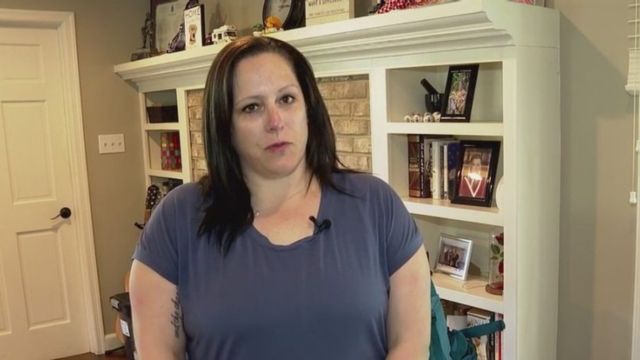Michigan is the first state to be given permission to have different license requirements for kin caregivers, who are extended family members like grandparents, aunts, and uncles who take care of children in foster care.
Supporters of kinship care said that its purpose is to keep families together, make the child welfare system more fair, and help kids keep traditional ties.
In September, the U.S. Department of Health and Human Services approved a new rule that makes it easier for kin foster family homes to get licenses or approvals. State governments would also have to give kin caregivers the same amount of cash help as other foster care providers under the rule.
Last week, Xavier Becerra, the secretary of health and human services, said that Michigan could be the first state to use the new, easier licensing rules for family caregivers. The department said that the approval follows through on orders from President Joe Biden and supports his administration’s goals to keep families together and improve “equity in the child welfare system.”
“Michigan is a national leader in supporting family caregivers in a big way.” Becerra said, “The approval of Michigan’s plan means that more family caregivers will get the financial help they need when they care for family members.” “Grandparents often take care of their grandchildren when the child’s parent can’t.” We need to work with those grandparents and support their promise to care for the child while a parent gets back on their feet. This way, fewer kids will end up in foster care.
The department said that the old government rules made it harder for family members to take care of a child in foster care who was in their own family. “All foster family homes were required to meet the same licensing standards, regardless of whether the foster family home was a kin or non-kin placement.”
Now, Elizabeth Hertel, who is in charge of the Michigan Department of Health and Human Services, said, “getting approval is easier when you become a relative caregiver.” They just want to make sure that the child is safe at home and that they understand what needs to be done.
“The really important piece of this is that we are now able to leverage federal funding to help support the services that many of those children require once they are removed from their parents’ care,” she said. “We’re really excited to have those additional resources coming in to support our foster kids and their families.”




